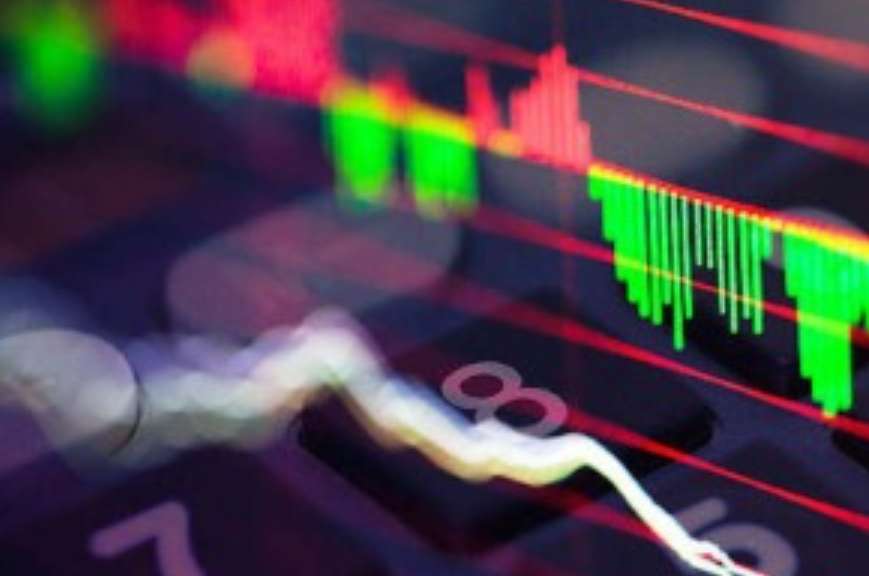Why High Dividend Yield Indices Matter in Hong Kong Stocks
Advertisements
- April 19, 2025
In the world of stock investment, the valuation metrics significantly influence decisions, especially when investors consider potential returns against the risks. Recent analysis reveals that Hong Kong's Hang Seng High Dividend Yield Index (referred to as the "High Dividend Yield Index") currently shows favorable valuation levels compared to the traditional Hang Seng Index. This diverging valuation trend is underscored by the sustained performance of high-yield stocks, marking them as critical to a well-rounded investment strategy.
Historical data has suggested a consistent trend: stocks that maintain high dividend yields tend to provide investors with returns exceeding the average market performance in the long haul. The unique characteristics of the High Dividend Yield Index, which primarily consists of stocks with robust and stable dividend payouts, make it an attractive option for investors looking to secure better returns.
This index serves as an essential tool in portfolio management, showing compelling rewards for those who have remained steadfast in their investment approach over extended periods. A comparison of performance metrics indicates that there are substantive reasons to focus on high-yield stocks, particularly during times when general market sentiment might be subdued.
When taking a closer look at long-term returns from the High Dividend Yield Index, the data is indeed revealing. Launched on December 10, 2012, with a base date of June 29, 2007, the index has scored a total return of 121% as of December 21, 2021. This performance starkly contrasts with the Hang Seng Index, which has only seen returns of 72% over the same period, highlighting the index’s superior profitability for patient investors.
For a more transparent evaluation, let’s analyze the results since the launch date of the High Dividend Yield Index: between its inception and the present day, it achieved a return of 80%, while the regular Hang Seng Index recorded a mere 41%. This data paints a clear picture – investors who preferred high dividend stocks during this timeframe have indeed reaped far higher benefits.
Additionally, there's an exciting layer to the story. The current valuation level of the High Dividend Yield Index relative to the Hang Seng Index is at an all-time low. Surprisingly, the advantageous performance of the High Dividend Yield Index has emerged in a melting valuation context, suggesting that even as valuations dwindle, dividend-paying stocks manage to retain their appeal and profitability.

According to data from Wind Info on the publication day of the High Dividend Yield Index, its price-to-earnings (P/E) ratio stood at 9.1, price-to-book (P/B) ratio at 1.36, and dividend yield (DY) at 3.9%. In comparison, the equivalent metrics for the Hang Seng Index were 10.6, 1.50, and 3.2 respectively. These figures indicate that the High Dividend Yield Index had a valuation profile closer to 80% to 90% of the Hang Seng Index, making the difference between the two indices appear quite minimal.
Fast forward to the end of 2019, and the figures have certainly shifted. The High Dividend Yield Index’s P/E, P/B, and DY were reported at 7.1, 0.73, and 5.4 respectively, while the Hang Seng Index showed 10.2, 1.09, and 3.3. The relative valuation ratios had dropped to about 70% for P/E, 67% for P/B, and 61% for DY. Although these valuations showed a slight decrease over the years, the differences were still within modest bounds.
However, the significant shift occurred between late 2020 and early 2021, where the valuation ratios plummeted to an unprecedented 40%. The High Dividend Yield Index now boasts a P/E of 4.6, P/B of 0.43, and DY of 7.4, while the Hang Seng Index reflects figures of 10.5, 1.07, and 2.5. The most telling aspect of these numbers is the dramatic divergence in the valuation ratios.
Several factors contribute to this historical discrepancy in valuations between the High Dividend Yield Index and the Hang Seng Index. Notably, certain domestic stocks within the Hong Kong market are experiencing remarkably low valuations. Concurrently, the Hang Seng Index incorporated several high-valuation stocks, predominantly in the tech and pharmaceutical sectors, between 2020 and 2021, which has further exacerbated the valuation gap.
From a broader perspective, the historical comparison of these two indices presents investors with critical insights. Firstly, pursuing a high dividend yield strategy in the Hong Kong market has shown the potential to deliver considerable excess returns over the long term, even under declining relative valuations. Secondly, the current low valuation of the High Dividend Yield Index against the Hang Seng Index serves as a reminder to investors that dividend yield is an essential consideration when evaluating potential stock investments in Hong Kong.
In conclusion, the resounding message from the journey of analyzing these indices is straightforward yet powerful: consistent focus on high-yield stocks not only provides a path for investors to safeguard their returns but may elevate their overall market performance amidst fluctuating economic climates. Therefore, for both seasoned investors and those venturing into the market, incorporating dividend yield metrics into their investment analysis could be the winning strategy in the current context.
Leave A Comment